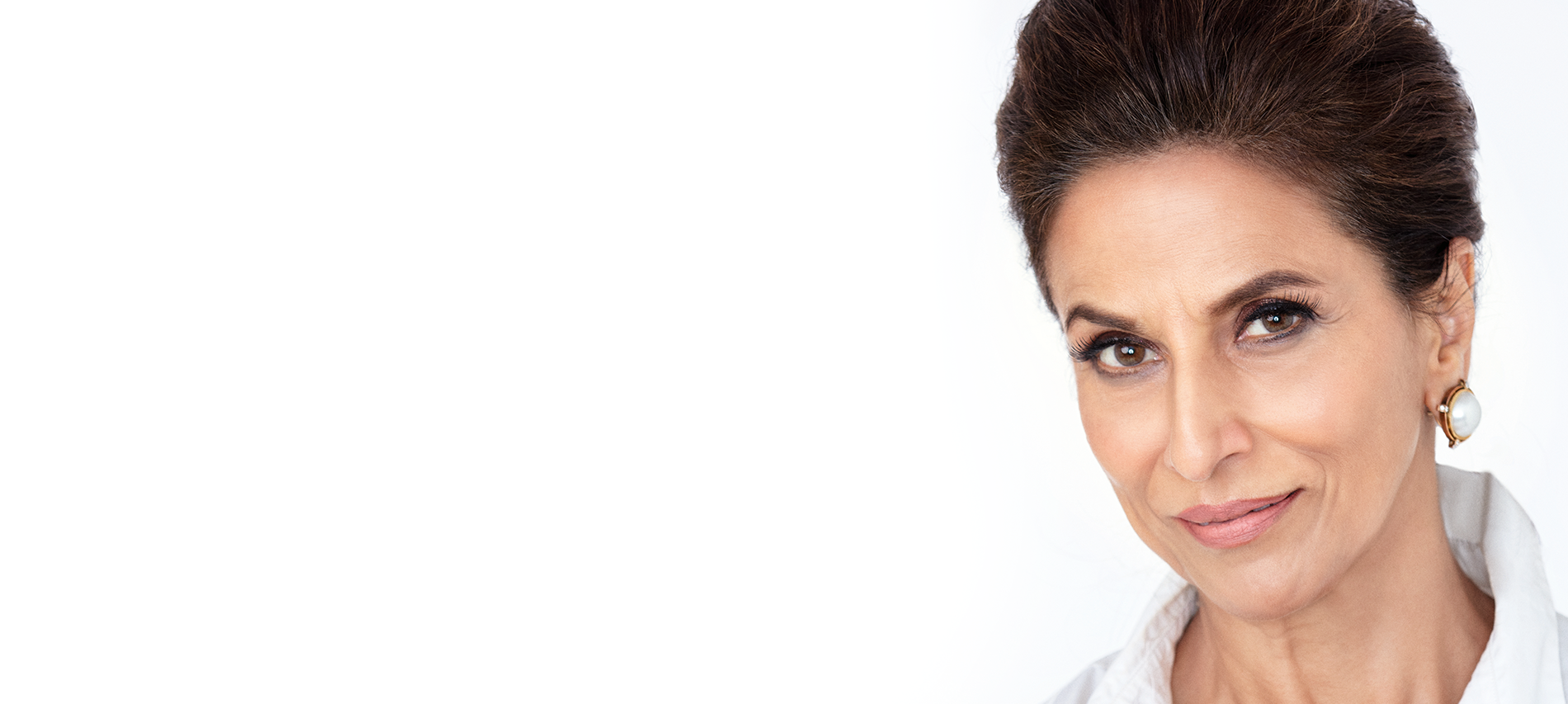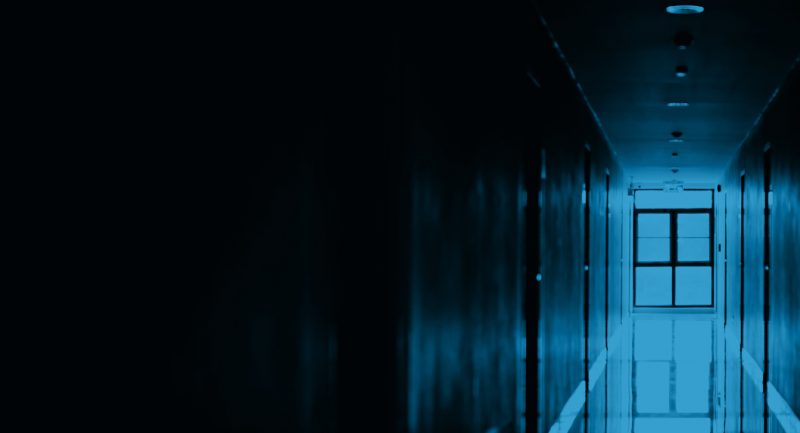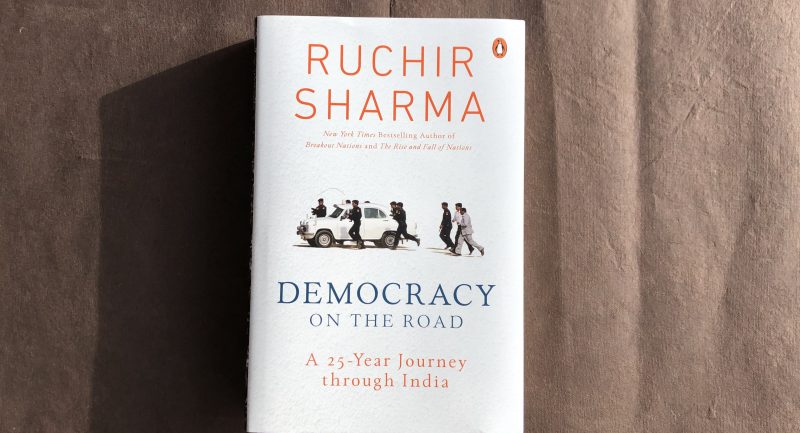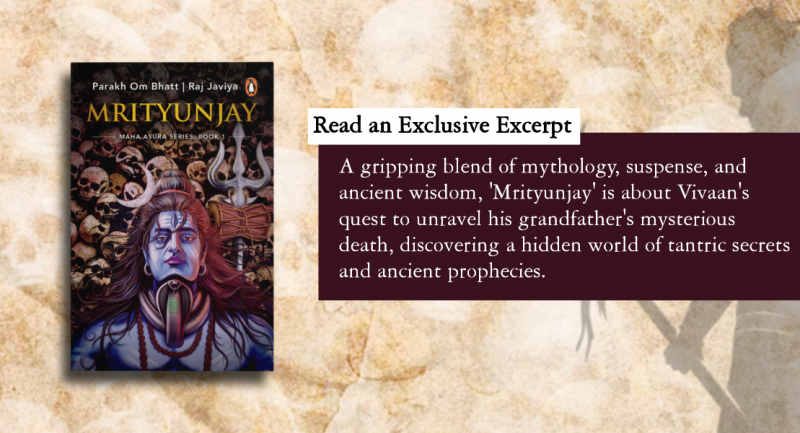
Shobhaa De’s writing exudes an empathy that has turned several of her books into life manuals for generations of Indians. Her keen wit spears and spares none, least of all herself. Her book ‘Seventy and to hell with it’, she says is a gift to herself for entering into the seventh decade of life.
Here’s an excerpt from the book where she talks about risks and her experiences with them.
Here I am, looking back on seven decades of a life that has been pretty exhilarating. Yes, of course I have messed up. But even those mess-ups have taught me vital lessons—in survival, coping, collapsing, undoing, rejoicing. Most of these lessons have come from allowing myself to be open to everything life is throwing my way—good stuff, bad stuff, indifferent stuff. This is what I frequently tell my children when they are despairing. If you remain yourself and stay receptive to what’s happening around you, you will pickup signals that will provide most of the answers you seek.
Perhaps not instantly, but the answers will come.
When I was a teenager, I used to take every aspect of my life for granted, without questioning what was going on around me. In a way, this attitude protected me and spurred me on to take crazy chances, often with my life. I thought nothing of jumping in and out of rapidly moving local trains which I took to and from school. Of course, I was showing off my daredevilry, since there was always a crowd at Churchgate station. But those adrenaline-fuelled seconds when I tried to
make it inside the compartment without losing my footing gave me such a rush it made that lunatic risk very attractive. Today, I can ask myself, ‘What on earth were you thinking? Or proving?’ I still don’t have an answer that satisfies me. Perhaps I was testing myself. All I know is, danger and dangerous situations still attract me. I have never opted for ‘safe’ when there was ‘risky’ staring at me. It’s a personality trait, or a character flaw. God knows. Show me two scenarios, one that is controlled and the other that’s insane, and I’ll instinctively opt for the latter. This worries my husband and children, but deep within, even I know half of this is nothing more than posturing. Confronting fear is just a part of it.
I am in the process of identifying my biggest fears as I key this in. What do most human beings fear the most? I’d say it is loss. Loss of a loved one, loss of face, loss of security, loss of health, loss of identity, loss of mental and physical faculties. Loss of one’s own life. From this abbreviated list, I would say, for a wife and mother, there can be no greater loss than the loss of a child and spouse. Nothing prepares you for it. Nothing can. Sages advise us to start gearing ourselves up for such an eventuality from the time marriage vows are taken to that dreaded moment you are forced to come face-to-face with tragedy. Meditate, they tell you. Pray. Ask God to provide succour. Does any of this help you to deal with a wound that can never be healed? I don’t know. I hope I am never tested. But it is this fear of losing a beloved that is at the root of all other fears. As a child, you fear losing your parents. As a grown-up, you fear losing your child. Conquering this fundamental fear is what drives us to face other fears.
When I think of all those reckless stunts I performed in school and college (most of which were unknown to my trusting parents), did I stop to think what the repercussions would have been on so many lives had something terrible happened to me as I hung out of a fast train, tempting fate
every second day? I continued to ride racing bikes down crowded roads, clinging on to the handle of a public transport bus for additional speed. I crashed cars that didn’t belong to me when I was grossly underage, after persuading the children of the owners to steal the car keys. I lied about my adventures in local trains (ticketless travel being the more innocent one) to my mother, who believed I was at a school picnic when I was actually bunking school and loitering on distant beaches. What if any of these silly jaunts had backfired? Point is, they didn’t. I was fortunate.
Risk-taking is something I enjoy immensely. It comes naturally to me. I like stepping into the unknown and seeing where those steps take me. This is true whether it involves love and romance in my youth or professional choices later in life. My decisions were mainly impetuous (‘immature’ is how my father described them) and spontaneous. Where did this behaviour pattern come from? Certainly not from my home environment, which was conservative, conformist and solidly, comfortingly middle class. I appreciated anarchy and chaos far more than control and comfort. This troubled my parents a great deal, and I must have given them countless sleepless nights during those restless years when I couldn’t wait to get out into the big, wicked world, the one beyond my traditional Maharashtrian home, and taste the myriad exotic flavours waiting to consume me, in Turkey, Brazil, Japan, just about anywhere. But where was I stuck? At home!










